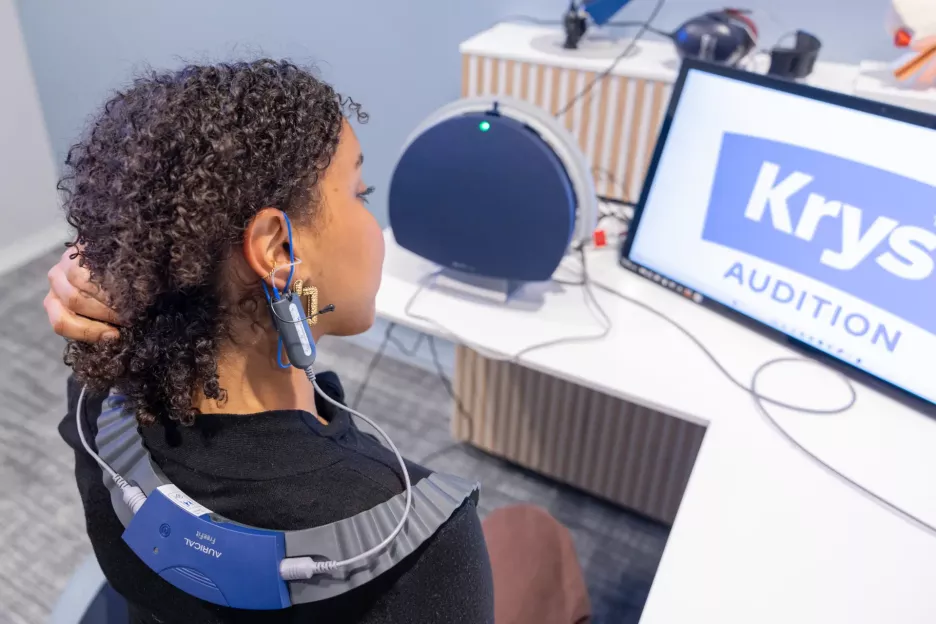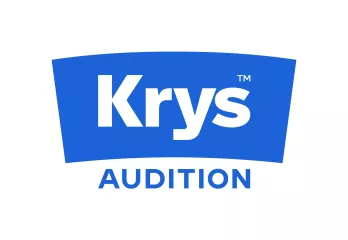Newborn screening for deafness
In Romania, there is a universal systematic screening program, in all maternity hospitals in the country, since 2019. Otoacoustic emissions are used. For children in intensive care units or with risk factors, screening is supplemented by AABR. We do not have data on the number of children tested each year.
Presbycusis screening
There is no specific universal screening program for presbycusis. Unfortunately, there are many other health priorities and deafness is not the most important issue. Even newborn screening would need to be revised: we want to introduce AABR for all children in the protocol, and not just for children at risk.
Care pathway and actors involved
The patient goes to the ENT specialist, who follows a 3-month internship in audiology during his training. He is the one who generally performs the diagnosis and prescribes the device. Audiograms are mostly performed by nurses whose short training in audiology is not regulated by the health authorities. A first attempt was initiated this year to address this problem. The few hearing aid specialists, trained during a 3-year course in schools that closed in 2010, also perform audiometry. In university centers, near cochlear implant centers (9 in the country), there are audiology departments with doctors trained in diagnosis and audiological interventions.
Monitoring of aided patients is carried out by hearing aid specialists and rarely by ENT doctors. Patient have the right to consult the latter whenever they encounter difficulties, but it is more difficult for small childrenas they cannot report feeling discomfort or experiencing poor results with the device. Therefore they are dependent on proper monitoring by the professional and, unfortunately, we have very few specialists in the field.
The prescription/certificate is mandatory. Reimbursement is partial and officially conditional on the success of the device, but in the absence of a complaint from the patient, the intervention is considered a success by default (unfortunately...).

Coverage
Cochlear implants and other implantable prostheses are 100% covered by the State for children and adults, including for unilateral deafness. Conventional hearing aids are reimbursed (both for a child; only one for an adult) up to €250 for one ear... which is far from covering the total cost, since prices vary between €2,000 and €2,500. The rest is the patient's responsibility. Therefore, the majority of patients accept hearing aids at around 1,000-1,500 euros.
Fitting is performed exclusively in private practices. There are private insurances, but in reality, almost all the fittings carried out are subsidized by the State. We do not have data on the number of people fitted with hearing aids in Romania.
Health care provision
The provision of audiology care in Romania is not at all sufficient, both in terms of human resources and quality.
In my opinion, our needs in terms of implantation centers are half covered. As for hearing aid specialists, I consider they meet less than 5% of the needs. Currently, in hearing aid clinics, there are people who have not received basic training in audiology. Instead, we have nurses, bioengineers or other professionals with different courses approved by the competent authorities... During the communist period, there was no training in audiology and hearing aids could not be obtained. Later, a training center opened in Bucharest for more than 10 years but it was lacking specialists. A school was created at the instigation of industrialists, but without the State being interested in it and due to a lack of a sufficient number of ENT specialists to guarantee a quality organization. After the 2000s, the new generation of ENT specialists – including me – began to support the project of creating a school and the development of standards, but the politicians did not follow... The establishment of a system requires the conjunction of several factors, the convergence of several interests. Since this year, the health authority has changed the operating rules of the hearing aid industry, requiring that there be qualified specialists in each center and imposing specific standards for the work space. Thus, private practices are looking for qualified specialists... that they cannot find. We had a meeting between the ministry, industrialists and universities to promote the training of specialists. We will start in 2025, I hope, with the opening of a training center in Iasi...
Teleaudiology
During the Covid pandemic, the Ministry of Health legislated on the use of telemedicine in general. But it is not really used in the absence of a precise framework for financing such services.



